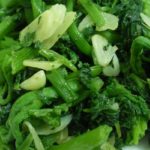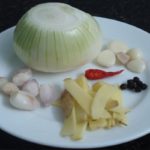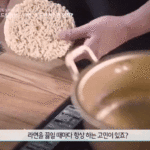Boiled meat is a familiar dish in every Vietnamese family. It is loved by many for its refreshing and nutritious qualities. However, not everyone knows how to boil meat properly to avoid dryness and retain its nutritional value. Here are some common mistakes to avoid when boiling meat to ensure your dish remains tasty and appealing.
Overcooking the Meat
A common habit of many homemakers is to overcook the meat out of fear that it might not be thoroughly cooked. As a result, they tend to boil it for an extended period, leading to dry and tough meat that has lost its natural sweetness and nutrients, making the dish less appetizing.
According to experts, at temperatures between 200 and 300 degrees Celsius, the amino acids, creatinine, sugars, and harmless compounds in the meat undergo a chemical reaction, forming some compounds that may be harmful to your health. Additionally, prolonged exposure to high temperatures causes the meat to toughen, losing its tenderness and mouthwatering appeal. Thus, it is advisable to boil the meat just until it is cooked through, retaining its sweetness, aroma, and crispness.
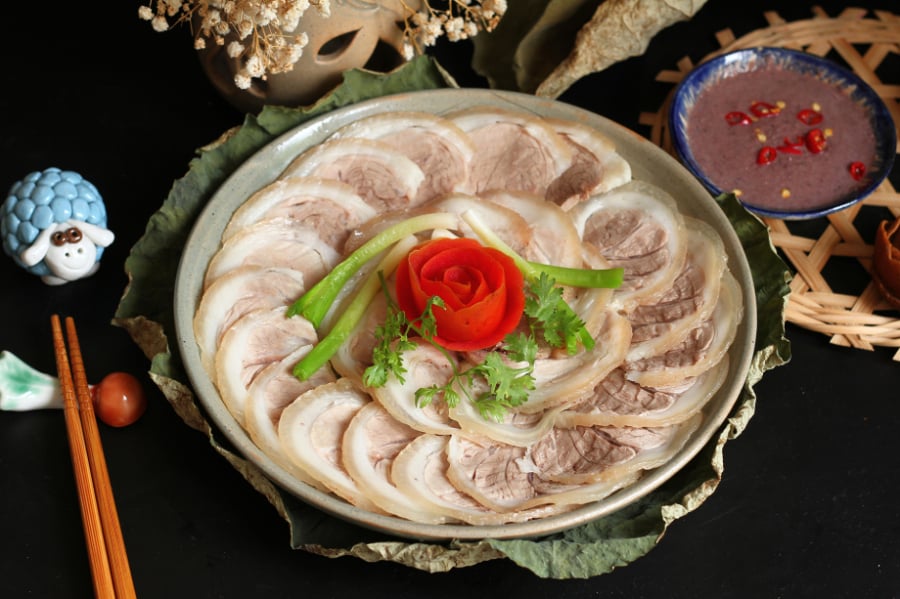
How to Boil Meat Perfectly Without Dryness
Never Add Cold Water Once the Meat Starts Boiling
A common mistake made by many households when boiling meat is adding cold water during the process, usually due to a lack of initial water or a desire to save cooking time. However, this practice can be detrimental as it causes the protein and fat in the meat to precipitate immediately, making the meat difficult to soften, and affecting its taste and texture.
Instead, always ensure that the water level is above the meat. If you need to add more water, use boiling water to avoid shocking the meat. By doing so, you can maintain the tenderness and freshness of the meat.
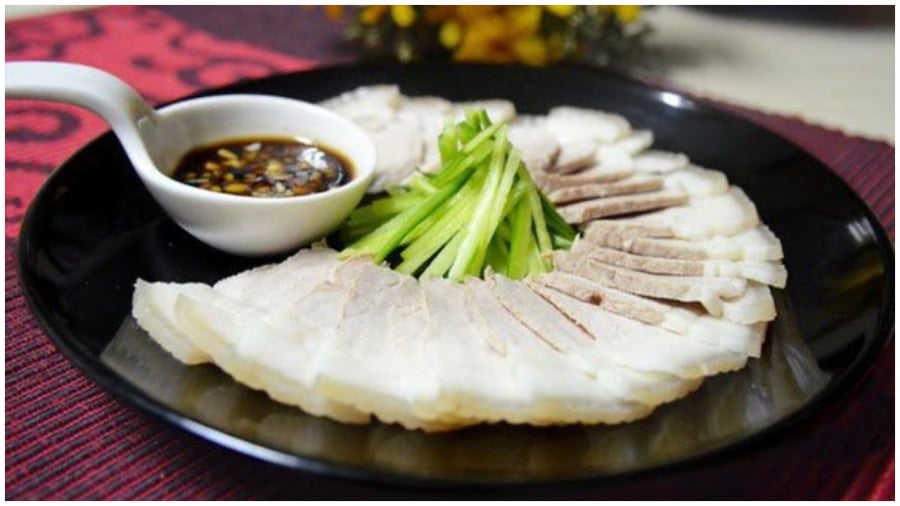
3 Mistakes to Avoid When Boiling Meat to Preserve Nutrients
Frequently Poking the Meat to Check Doneness
Out of impatience or fear of undercooking, some people tend to poke the meat repeatedly with chopsticks or turn it over while boiling. This causes the sweet juices of the meat to escape, resulting in drier and less sweet meat.
It is recommended to wait for about five minutes after the water has come to a boil before checking the doneness of the meat. If it is not cooked through, boil for another five minutes. By avoiding this mistake, you can ensure that your boiled meat retains its deliciousness and nutritional value.
More Useful Advice for Homemakers (Part 2)
Have you heard of the surprisingly easy tips to make cooking and household chores simpler? White radish eliminates the acrid taste of salted meat, adding alum to raw shrimp helps soften it, and adding cold water when frying eggs can make them crispy – these are just a few of the tricks to make your life easier.
Ten Strategies to Streamline Your Cooking Process
Are you a busy housewife looking for ways to save time in the kitchen? Did you know that flossing can also help you out? Check out these 10 tips to help you quickly and easily prepare delicious meals for your family. Learn how to peel garlic in 10 seconds and cut cherry tomatoes quickly for a healthy and tasty meal.


























